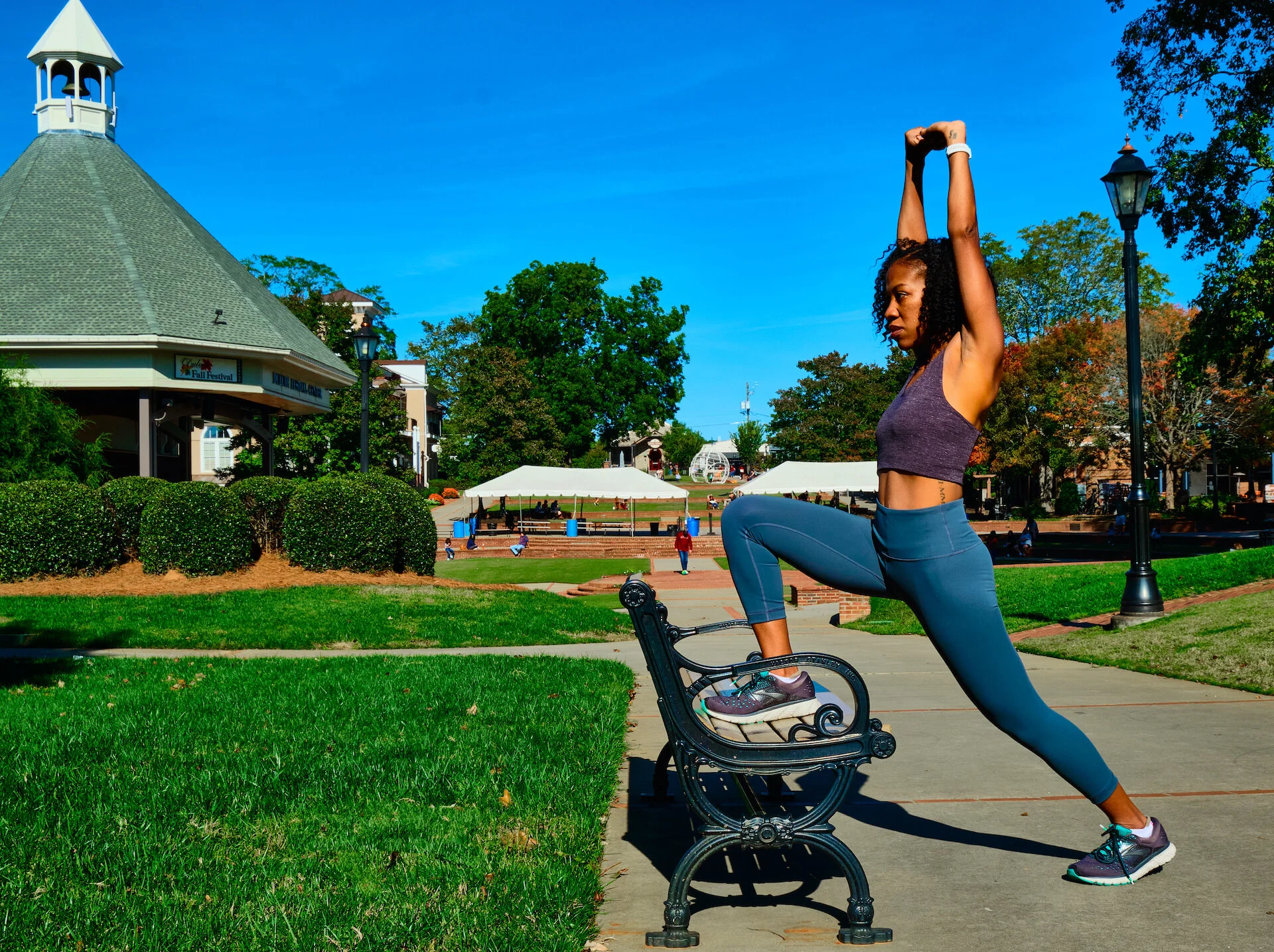Why is post-workout recovery important?
When it comes to working out and our training, goals are only made if our bodies have the opportunity to recover. Training creates a stressor to our bodies through microscopic tears (sometimes resulting in muscle soreness). The importance of RECOVERY comes into play. Recovery is the only way for our body to heal.
Recovery is actually just as important as training! Let’s talk about how to optimize recovery to help you meet your goals.
Training Days
Post workout nutrition is essential to recovery and replenishing glycogen stores depleted during your workout! I recommend getting between 20-30 grams of quickly digesting protein and between 30-60 grams of quickly digesting carbs post workout (within ~45 minutes.)
Rest Days Remember, training breaks down your muscle tissue and it is a STRESSOR. Daily workouts can show up as (inflammation, constant soreness, and plateau of progress) I recommend 4-5 training days and 2-3 rest days/week for most individuals.
Doing NEAT (non-exercise activity like walking, doing laundry, yard work, etc.) on recovery days however IS recommended as it helps with soreness and blood flow to broken down muscle tissue
LISS (low intensity steady state cardio) on recovery days is okay, as long as you still have at least 1-2 days/wk where you are neither doing LISS nor lifting
Soreness Soreness is a good indicator of your recovery. You should not always be sore. If so, it may be a sign of overtraining or poor nutrition. While some soreness is expected, especially of you are new to training, it should not be constant.
Nutrition A common misconception is that we need to be eating a lot less on rest days than on training days. This method (often to referred to as carb cycling) can be utilized in some cases depending on the energy demands of an individual’s workout program. I personally don't recommend eating less on rest days. Rest days are intended to repair and rebuild muscle fibers, and that process requires adequate fuel. Without this, you will see your recovery from your workouts and progress decline.
Foam Rolling/Mobility Foam rolling and mobility work are great for aiding in recovery and carry over into your workouts to enhance your training by promoting proper movement patterns.
You can do mobility work before or after a workout, but you can also do it after or completely separate from a workout
Foam rolling - I recommend at least 1x/wk for about 15 minutes. Foam rolling assists with inflammation, muscle soreness, increases flexibility, and improves range of motion.
I hope these tips are helpful to you as you think about how to prioritize recovery into your exercise programming. Remember, your progress depends on being able to recover and repair the stressors of your training. So let’s crush those workouts, but rest easy on your off days knowing that your body is doing what it needs to do and you will see more rapid progress by doing things optimally - not by trying to crush your workouts EVERY DAY.

